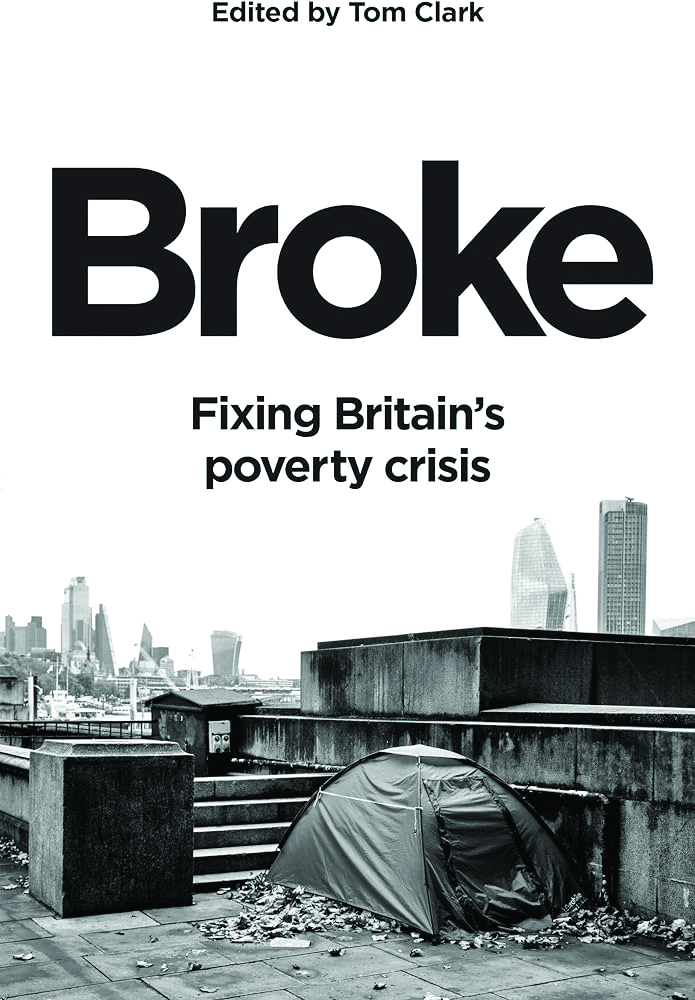It is beginning to look like ‘cost of living crisis’ was a misnomer. Crises culminate and (hopefully) pass. Britain’s new penury is beginning to more look like a chronic condition.
Consider new numbers released on Wednesday (15 May) by the Trussell Trust, Britain’s biggest food bank network, for 2023/24 – a period during which inflation plunged from 8.7% to an unremarkable 3.2%. As the cost of living came back under control, you’d have hoped that poverty, and recourse to emergency food parcels would also decline. Instead, the number doled out rose yet again, to hit 3,121,404. Like the infamous “three million unemployed” of the 1980s, here is one number that scars a whole society.
The growing food-parcel count is emphatically not due to any burst of enthusiasm on Trussell’s part. They are campaigning for a future in which food banks can safely be abolished. Instead, it is about jobs, rents and benefits.
On the jobs front, despite ministerial efforts to rekindle old slurs about the “workshy” classes, more than two-thirds of poor children live in a home where somebody is earning. It’s just that too many jobs pay too little, and with no prospects of promotion, nor even any reliability about what will be paid when. Rents, already so high in so much of the country, continue to surge.
- When it comes to poverty prevention it’s minds we must change – before anything else
- Gordon Brown steps in to help save one of the UK’s largest food banks from closure
- Big Issue founder calls for a Ministry of Poverty Prevention ahead of the general election
As for benefits, a catalogue of squeezes, freezes and outright cuts have cumulatively torn great holes in our safety net, condemning millions to fall through to the rocks. Under the so-called ‘two-child benefit limit’, which both frontbenches at Westminster suggest must stay, a particular brunt is borne by children. Youngsters wicked enough to be born with more than one sibling are now demonstrably more likely to be both “food insecure” and reliant on charities to feed them.
But – in world where a cash-strapped government faces competing pressures like crumbling hospitals and collapsing councils – what on earth to do about it? To provide some answers I have written a paper, Partnership To End Povertywith former prime minister Gordon Brown (who has had no role in this piece, and bears no responsibility for its content).










